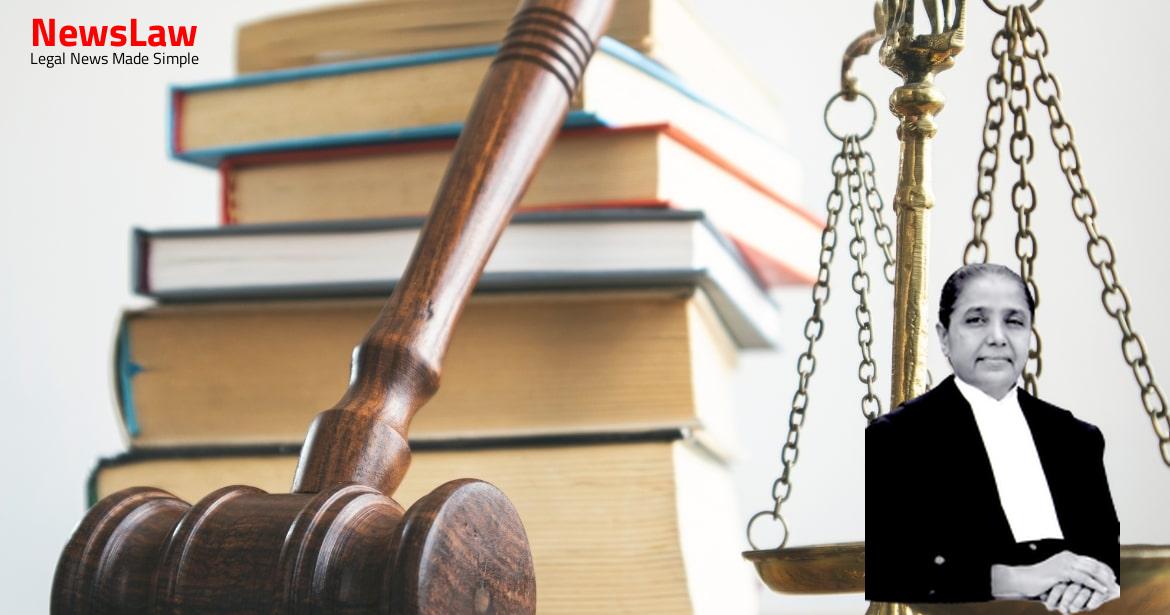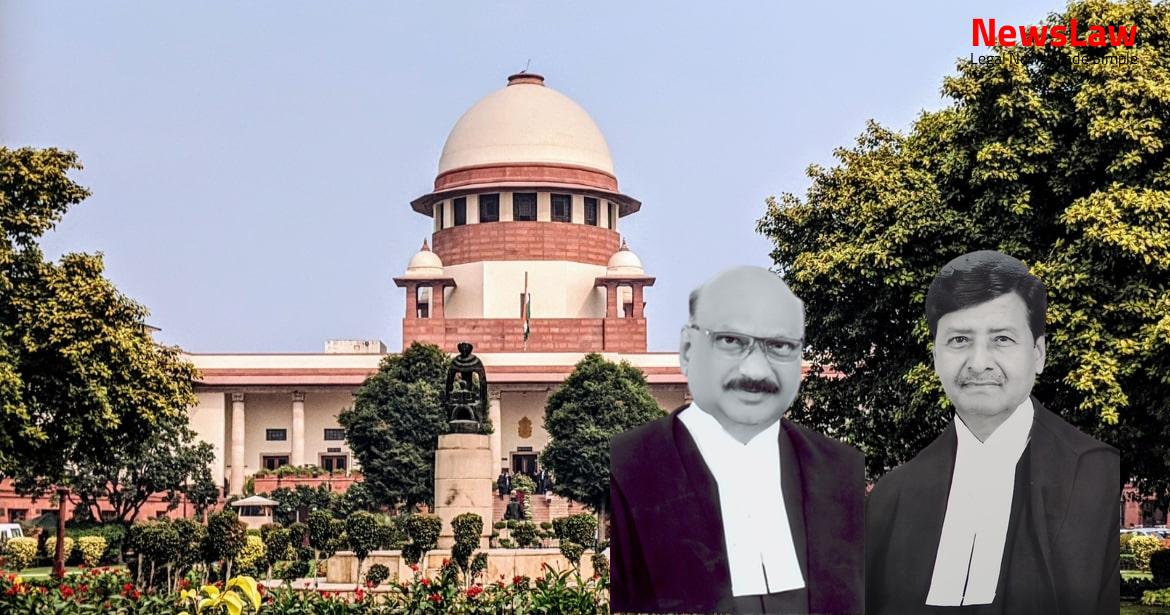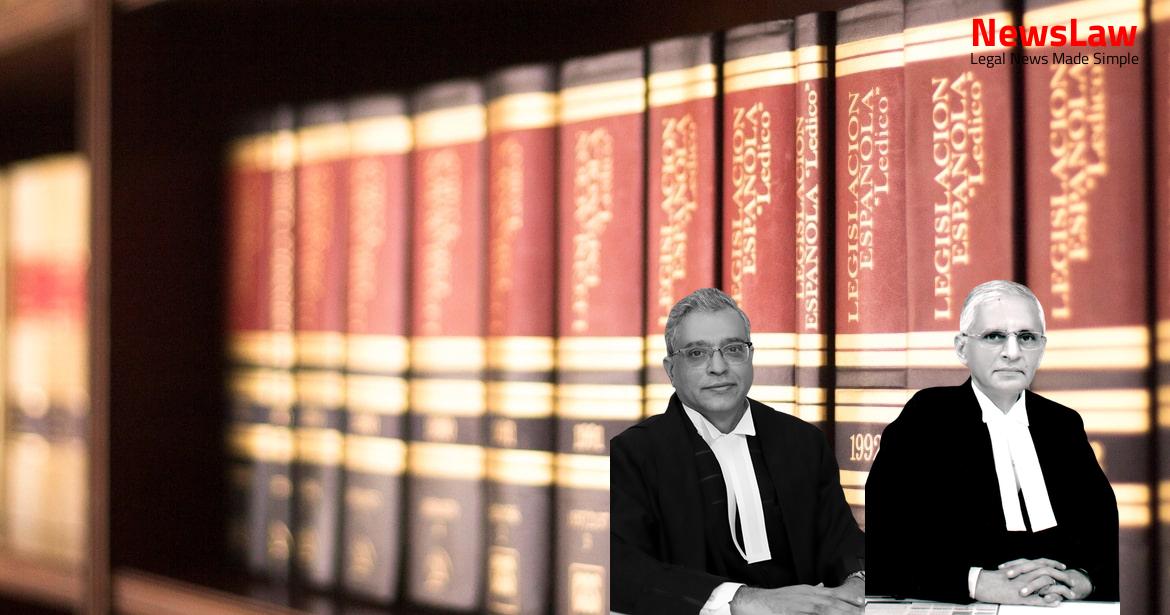In a significant decision by the Supreme Court of India, the case of Raj School of Nursing and Paramedical College vs. State of Uttar Pradesh saw the quashing of criminal proceedings against the appellants. The court ruled in favor of the appellants, highlighting their lack of direct involvement with the institute in question. Stay tuned for more details on this important legal development.
Facts
- The complainant alleged that Raj School of Nursing and Paramedical College admitted 60 students despite having permission for only 40 seats.
- 20 students were illegally admitted, leading to complaints being filed by some students including the complainant.
- An FIR was registered against Dr. Rajaram Yadav, Dr. Abhishek Yadav, and Dr. C. Prasad for offences under Sections 419, 420, 467, 468, 471, 406, 504, and 506 of the IPC.
- The FIR stated that the accused induced the complainant to pay a huge amount for admission under the false impression that it was against a sanctioned seat, leading to allegations of cheating.
- The High Court found that the petitioners had alternative remedies available under different sections of the Cr.P.C.
- The High Court refused to entertain the petition and rejected it at the outset.
- This Court issued an interim direction prohibiting the respondents from taking coercive actions against the appellants.
- Arguments were presented by Shri Prem Prakash for the appellants and Shri Ravindra Kumar Raizada for the State of Uttar Pradesh.
- The High Court emphasized that the defence of the accused cannot be considered at this early stage.
Arguments
- The appellants are not involved with the institute in question.
- They are not office bearers of the institute.
- They are not entrusted with the day-to-day management of the institute.
- Shri Raizada argues that one of the appellants is the wife of the Director, the second appellant is the sister of the Director and daughter of the Manager, and the third appellant is an employee of the institute.
- It is contended that even though the appellants were not directly involved in the illegal activities of the institute, their familial relationships with key individuals of the institute are significant.
- The possibility of applying for discharge after the charge-sheet has been filed is highlighted as a legal recourse for the appellants.
- The defense of the accused is not typically considered at the stage of quashing proceedings under Section 482 of the Cr.P.C.
Analysis
- The FIR does not show the appellants’ involvement in managing the institute.
- Being relatives of the Manager does not justify criminal proceedings against them.
- Allegations must disclose an offense, which is not the case here.
- No specific role of inducement is attributed to the appellants.
- Merely filing a charge-sheet is not a valid reason to continue criminal proceedings if there is no material against the accused.
- Continuation of proceedings would be an abuse of process without evidence of appellants’ involvement in institute affairs.
- The Court emphasized that the power to quash a criminal proceeding should be used very sparingly and only in rare cases.
- The Court stated that at the stage of quashing under Section 482 Cr.P.C., it should not delve into the reliability or genuineness of the allegations in the FIR or complaint.
- For quashing to be justified, the allegations in the FIR/complaint must, when taken at face value, demonstrate the commission of an offense and make a case against the accused.
- In the present case, even when considering the allegations in the FIR/complaint at face value, no offense is disclosed, and a case against the accused is not made out.
- The power to quash proceedings is aimed at preventing the abuse of the court’s process.
- The High Court did not consider the details in the FIR before dismissing the petition
- The High Court suggested filing an application for discharge instead of thoroughly reviewing the case
- Continuation of criminal proceedings would lead to undue harassment without substantial evidence
- There is a risk of the abuse of the legal process if the case is continued against the appellants
Also Read: Understanding Legal Judgments: Ravishankar Tandon vs. State of Chhattisgarh – Conviction Reversed
Decision
- Leave granted to the appellants.
- Impugned order of the High Court quashed and set aside.
- FIR bearing Case Crime No.10 of 2015 and consequential charge-sheet against the appellants quashed and set aside.
- Appeal allowed based on the reasons recorded in previous appeal.
- High Court’s order dated 20 December 2022 in Criminal Misc. Writ Petition No. 17002 of 2022 quashed and set aside.
- Pending proceedings under U.P. Gangsters and Anti-Social Activities (Prevention) Act, 1986 against the appellants quashed and set aside.
- Pending application(s) disposed of.
Case Title: MANEESHA YADAV Vs. THE STATE OF UTTAR PRADESH (2024 INSC 322)
Case Number: Crl.A. No.-002011-002011 / 2024



